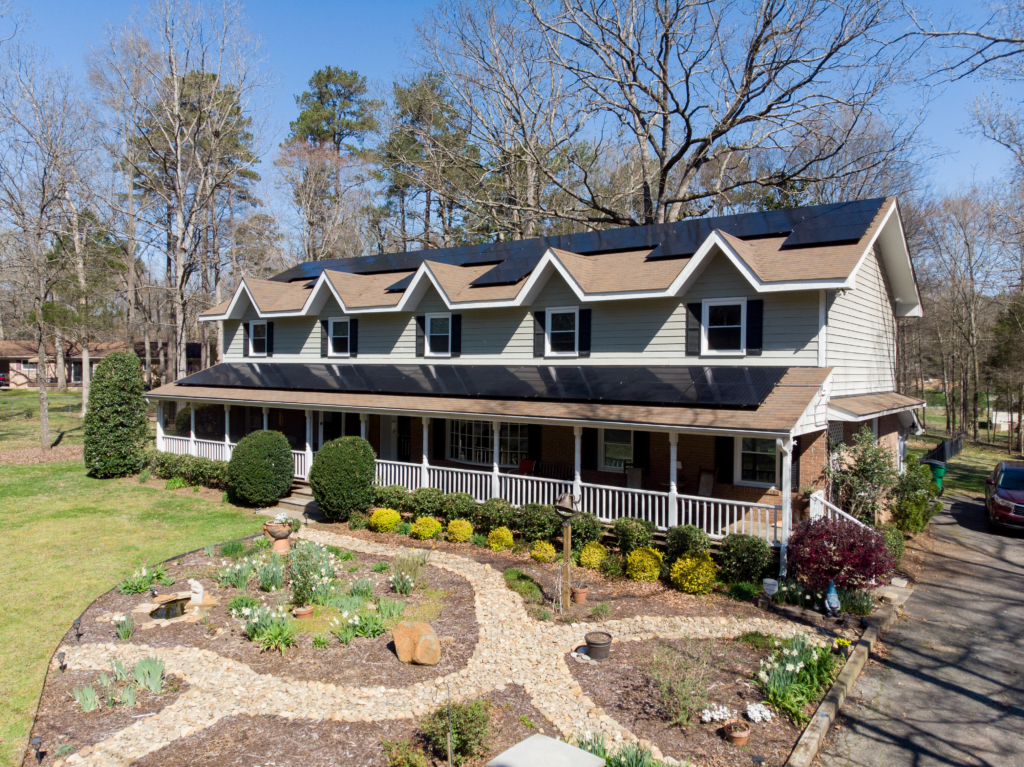Sun Run
Sun Run
Run and get your sun with a sun run home! An ever-growing number of U.S. residents are using solar power. In the Carolinas specifically, energy customers are going solar in droves, and the reasons for this explosion of interest in consumer-owned and consumer-sited solar (that is, built at the customer’s location and belonging to them) are easy to understand:
1. Lower electric bills
Do your bills run high certain times of the year? If you’ve already made improvements like energy star appliances and thermostat settings and still need a way to address a large bill, solar is here. Instead of continuing the status quo, one-way relationship with your utility and paying every month with little to show for it but a supply of grid power from mixed sources, most of which aren’t renewable, you can offset much of your bill with solar, given enough roof space for the system.
2. Getting away from utility dominance over your energy future and toward self-reliance and productivity
When it comes to energy, the utility is in charge. Within the bounds of laws and regulations, they’re responsible for collecting what you owe and raising rates when they say they need to. What if you owned a clean energy-producing, or sun run, system of your own and could provide some or all of your own power? Solar energy is the gateway to that kind of autonomy. And with a federal tax credit and incentives available in both South and North Carolina, residents have all the more reason to take control of their energy future.
3. Clean, renewable power
The legacy of our energy system today is a footprint for every customer of tons waste material and air pollution. It doesn’t have to be that way. By going solar, you’re taking a step that truly reduces reliance on energy sources of the past and sends a strong signal, while lowering your bills.
Are You Ready for Your Home to be Sun Run?
Don’t let your best solar savings pass you by – run don’t walk to your experienced, professional solar installer today and we’ll offer you a free-of-charge solar consultation with no obligation to sign, and the power of the sun could be yours soon!

Frequently Asked Questions About Solar for Your Home:
How exactly does going solar and a solar system itself work?
How many solar panels do I need for my home?
Roof-size/available space: When we look at the size of your roof and the space available, we gather data that tell us the maximum number of solar panels your home or site can hold and we even consider shading. We use a software “Suneye” which takes a 360 picture of your roof and we use this photo to determine if your home is a good candidate for solar.
Energy Usage: When we determine energy usage we look at your past electrical bills from over the course of a year to make sure your system isn’t too big or too small.
Your Budget: We take your budget seriously and most importantly, we want you to be satisfied with our services. We take your feedback on how much you want to spend so that we can size your system appropriately.
What is solar net-metering?
Does Duke Energy offer net-metering?
Curious about the cost of a home solar system?
Ready to Own Your Own Energy?
Speak to Us Today!
